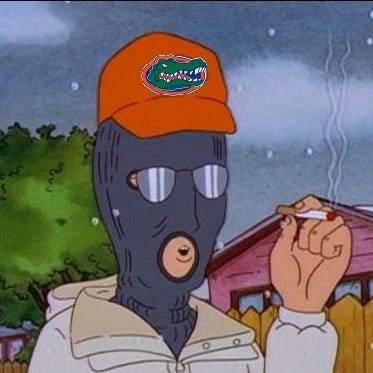Two points are nothing and everything
The tiny margin between glory and pain

Two points. That was the thing Kelvin Sampson kept saying, over and over again, maybe in spite of himself, maybe without realizin…
Keep reading with a 7-day free trial
Subscribe to Buzzer by Eamonn Brennan to keep reading this post and get 7 days of free access to the full post archives.

